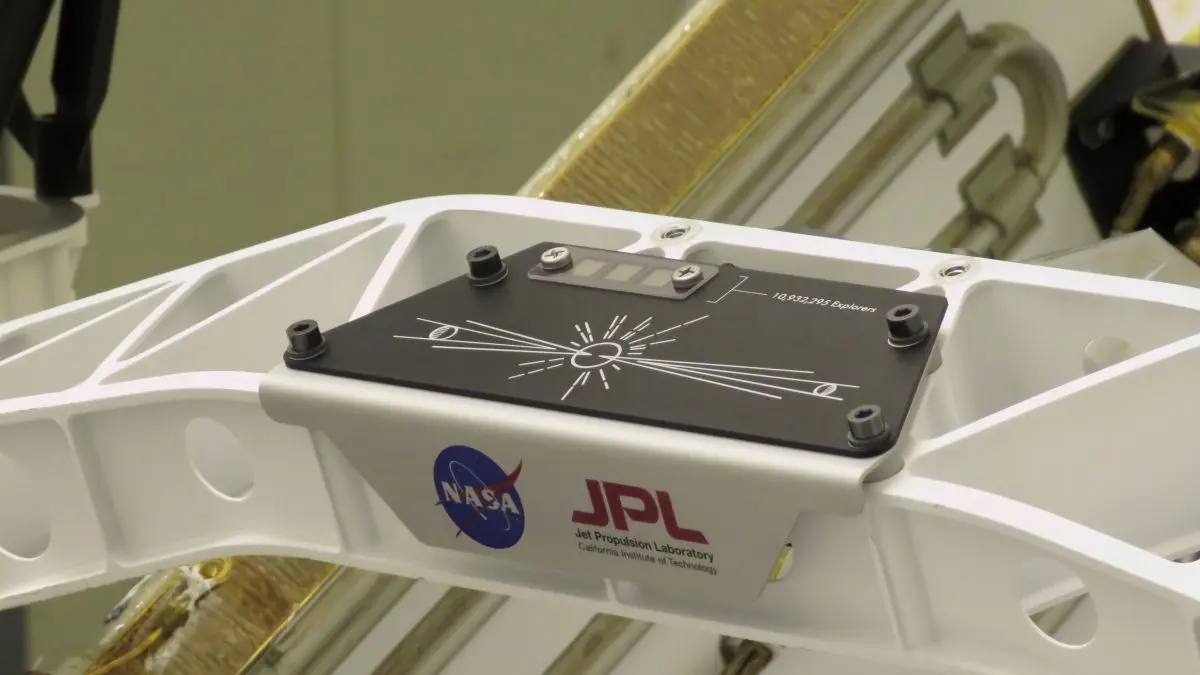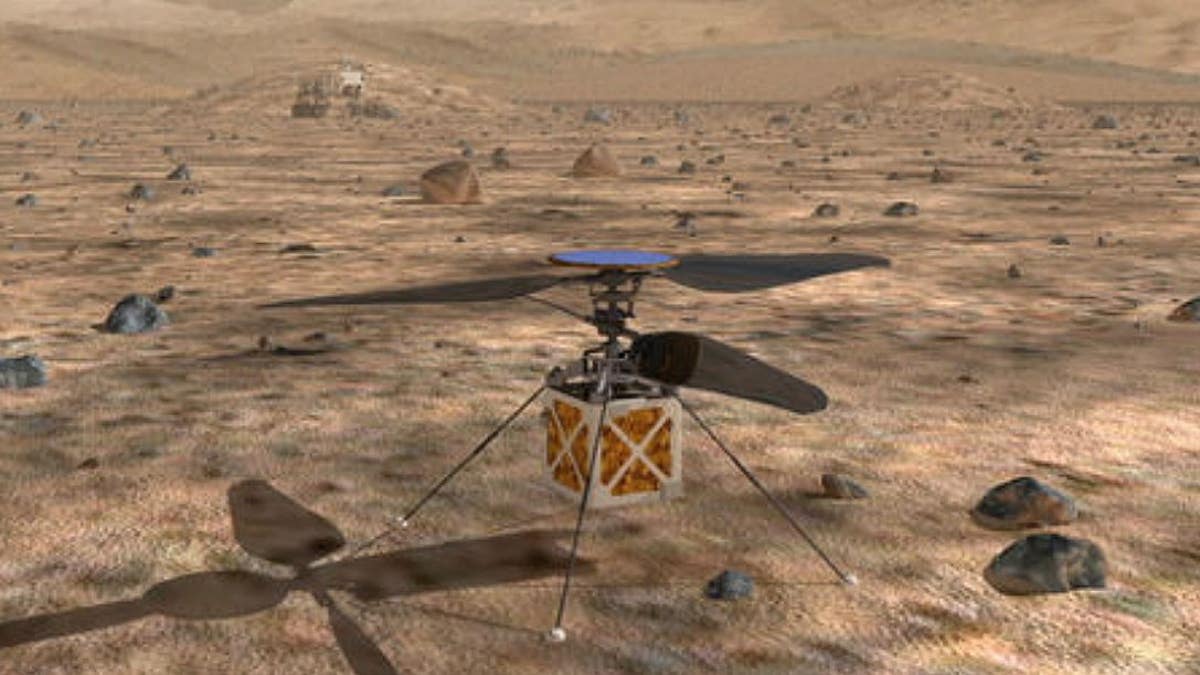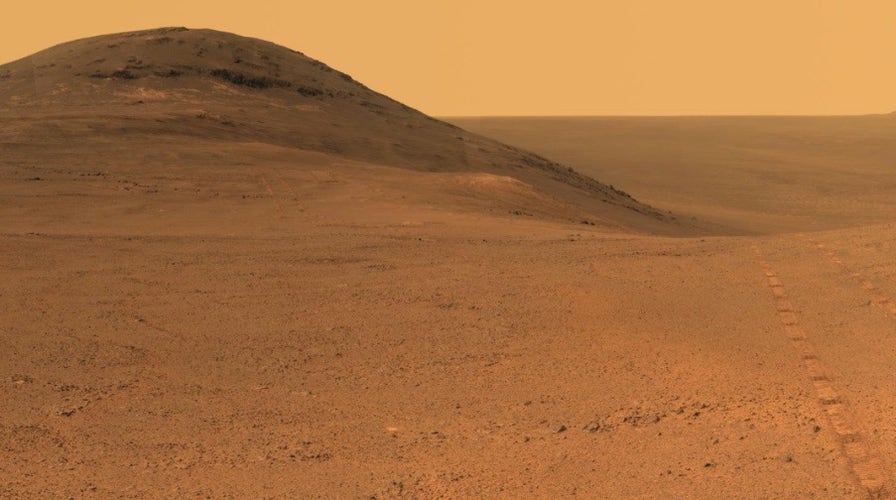Fox News Flash top headlines for July 7
Fox News Flash top headlines are here. Check out what's clicking on Foxnews.com.
Nearly three weeks after it delayed the launch of its next Mars rover, NASA has pushed it back again, citing "launch vehicle processing delays."
In a blog post, the space agency and United Launch Alliance said the Perseverance rover would launch "no earlier than July 30."
"A liquid oxygen sensor line presented off-nominal data during the Wet Dress Rehearsal, and additional time is needed for the team to inspect and evaluate," the blog post reads. "Flight analysis teams have expanded the mission launch opportunities to Aug. 15 and are examining if the launch period may be extended further into August."

The “Send Your Name to Mars” logo is installed on the Mars Perseverance rover on March 16, 2020, inside the Payload Hazardous Servicing Facility at NASA’s Kennedy Space Center in Florida. Credits: NASA/JPL
NASA’S MARS 2020 PERSEVERANCE ROVER: WHAT YOU NEED TO KNOW
The previous delay, which pushed back the start of the launch window to July 20 from the originally scheduled July 17, was caused by an issue with a crane from the agency's rocket contractor.
Though the agency has been impacted by the coronavirus pandemic, it has not negatively affected the launch of the Perseverance rover. The pandemic forced the entire agency to move to Stage 3 "mandatory telework status" in mid-March.
The slight delay still gives Perseverance plenty of room to travel to Mars. Space.com reports the launch window extends into mid-August due to the limited alignment windows of Mars and Earth, something that happens once every 26 months.
The rover, which was recently renamed Perseverance, will attempt to detect if there is any fossilized evidence of extraterrestrial beings, in addition to other tasks.
Perseverance will also have a small, autonomous helicopter, known as Ingenuity, that will let researchers understand the viability and potential of heavier-than-air vehicles on the Red Planet.

The Mars helicopter will travel with the rover to the Red Planet. (NASA/JPL-Caltech)
NASA'S PERSERVERFANCE ROVER CARRYING 'SPECIAL' HIDDEN MESSAGE TO MARS
Once Perseverance lands on Mars at the Jezero Crater, it will join the still functioning Curiosity rover and the now-deceased Opportunity rover on the Red Planet. Unlike Curiosity or Opportunity, this rover will carry the "first helicopter that will fly on another planet," NASA added.
NASA’s long-term goal is to send a manned mission to Mars in the 2030s.









































